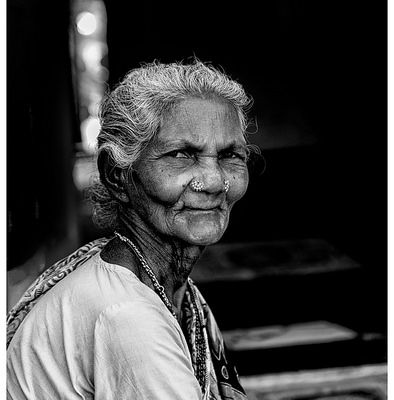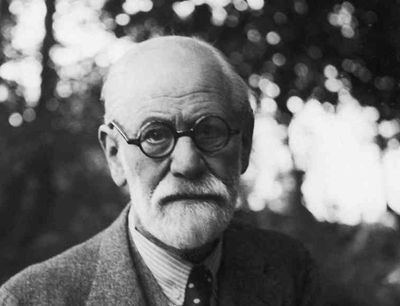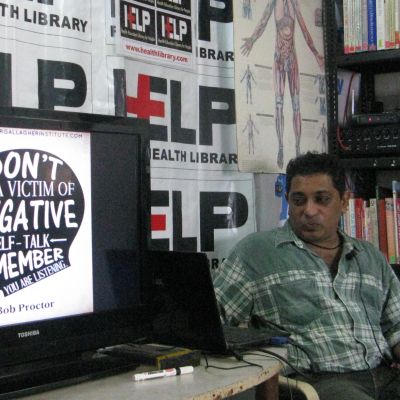Mental Health
India has a severe shortage of mental health professionals and the experiences of counsellors like Kapoor raise the question of whether there is a wave of therapist burnout in the country. Unfortunately, there has been no research to indicate the extent of the problem in India.
It was, however, the community’s consistent refrain of having “no one” to talk to, that made the problem of mental health crises stand out during my conversations.
While we have come a long way from the singular Freudian focus on sexual energies and reducing most mental health disturbances to sexuality, there is no doubting its significance for an individual’s wellbeing.
Sudha ji’s indomitable spirit made me question if I was settling down for too little, if there was more that I should ask for, and if there is more that I deserve.
ऑड्रे लार्ड ने एक बार कहा था, “अपनी देखभाल करने का ये मतलब नहीं कि मैं स्वार्थी हूँ, देखभाल स्वयं…
Audre Lorde once said, “Caring for myself is not self-indulgence, it is self-preservation, and that is an act of political warfare.”
Sex and sexuality are taboo subjects and not openly discussed. Yet, it is only when the sperm and egg fuse…
“Was I ever crazy? Maybe. Or maybe life is… Crazy isn’t being broken or swallowing a dark secret. It’s you…
The following is an excerpt from Fallen, Standing: My Life as a Schizophrenist by Reshma Valliappan. This was first excerpted…
लम्बे समय तक, हमारे समाज के एक बड़े हिस्से द्वारा यौनिक ‘अल्पसंख्यकों’ को मानसिक रोगी माना जाता था। यह माना…
We don’t have an original I-Column this month. Instead we feature the voices of two women, Deepika Padukone and Reshma…
Should it have been a full stop or a question mark that finished the above title? It deeply confused me….
I run an NGO called AASRA, a 24×7 crisis intervention center for the depressed and suicidal. Day in and day…
[slideshow_deploy id=’5774′] The most common jab taken at someone who is not heteronormative is that they are insane, and need…
“At the same time, eroticism in the home requires active engagement and willful intent. It is an ongoing resistance to…














